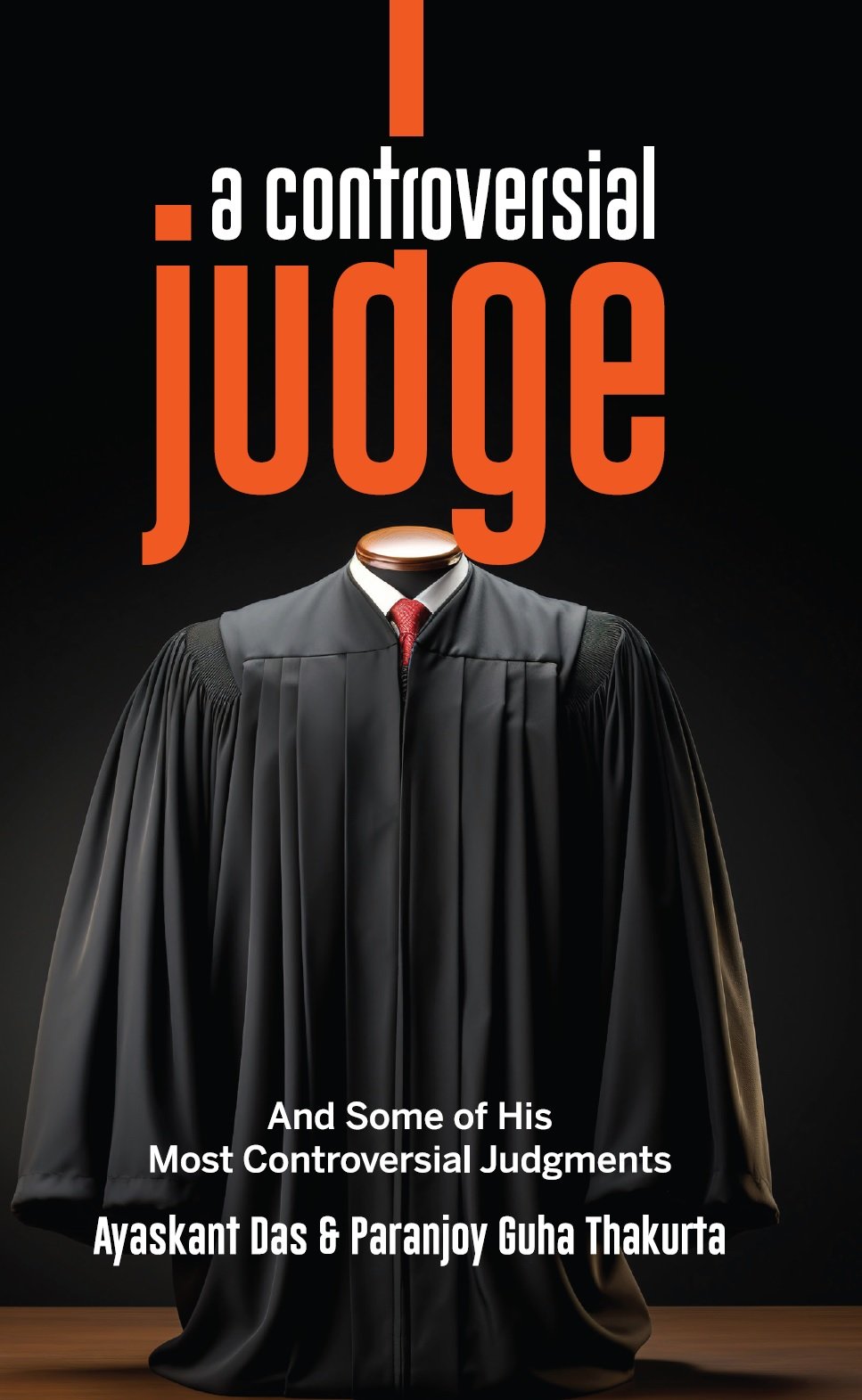Book: Ideology and Organization in Indian Politics: Polarization and The Growing Crisis Of The Congress Party (2009-19)
Author: Zoya Hasan
Publisher: Oxford
Price: ₹1,495
Can the Indian National Congress sink to lower depths? Will the Bharat Jodo Yatra led by Rahul Gandhi revive the electoral fortunes of India’s Grand Old Party? Will 2024 witness something unexpected to keep Narendra Modi’s government in power in the way the Pulwama-Balakot episode did in 2019 by successfully diverting attention from the pressing economic problems faced by voters, such as unemployment, inflation, and inequality that have exacerbated over the last three and a half years?
Two and a half years ago, it appeared as if jingoistic national security was the only issue that mattered for around 40% of the country’s voters. How has the political situation changed since then? Even the top brass of the Rashtriya Swayamsevak Sangh seems concerned about unemployment and inequality if Dattatreya Hosabale’s utterances are anything to go by. Can and will the ruling regime’s majoritarian agenda to establish a Hindu rashtra by successfully ensuring that one-seventh of the country’s population — Muslims — consider themselves as “second class” citizens succeed?
If, despite demonetisation in November 2016 and the hurried implementation of the goods and services tax in 2017, the Bharatiya Janata Party became stronger in the 2019 Lok Sabha elections, what are the chances that the harsh and hurried lockdown imposed in March 2020 that shrunk the Indian economy over the next six months for the first time ever, the terrible mismanagement of the pandemic in the months that followed, and the year-long agitation that led to the three contentious farm laws being withdrawn in December 2021, will dent the prowess of the regime that has successfully professed and propagated Hindu nationalism like no other political dispensation before it?
These are not easy questions to answer. Predicting the future is a perilous business. Much can happen in the coming year and a half. The rise of right-wing demagogues across the planet — not in India alone — has been well documented. Still, one fact is certain: the ongoing crises that continue to beset the Congress will certainly contribute to Modi’s continuance in power. No combination of political forces can hope to challenge the hegemony of the BJP without the Congress. Yet this party has not only become weaker than ever before but has also seemed to be relentlessly moving along the road to its self-destruction. Punjab is a recent example.
The ideological confusion within the party, its inability to robustly counter the dominant narrative of the BJP to regain its shrinking political space, its miserable attempts to defend its pluralistic view of politics and governance and defend its own welfare programmes that have been appropriated by the BJP are issues that are explained in detail and depth by Zoya Hasan. Shorn of academic jargon, this book is notable for the clarity of its analyses. It is written in a lucid style, making it easily accessible to lay readers.
She explains how and why the BJP was able to successfully turn the politics of identity and social justice on its head to “promote mobilization from below, tied to the larger goal of creating a Hindu state”. Hasan elaborates on how “sharpening political divisiveness has been accompanied by vigorous curbs on dissent” and erosion of institutions. In the run-up to the elections, will Modi’s dream of a Congressmukt Bharat be fulfilled or will the party learn to “give much more than it gets” from regional parties and smaller parties like the AAP, TMC and SP? The future of Indian democracy is at stake.


